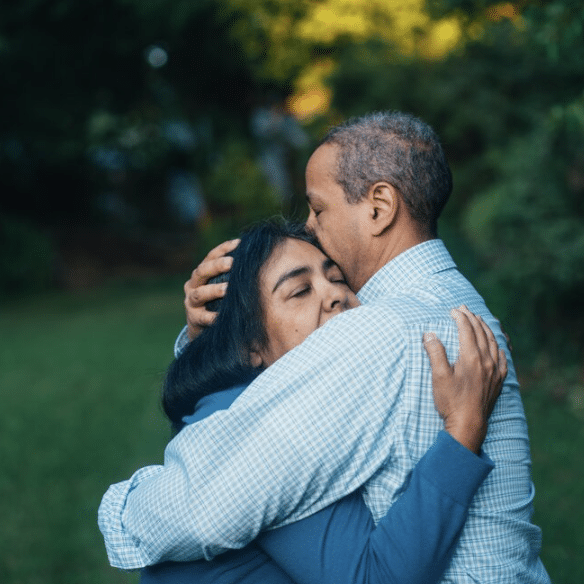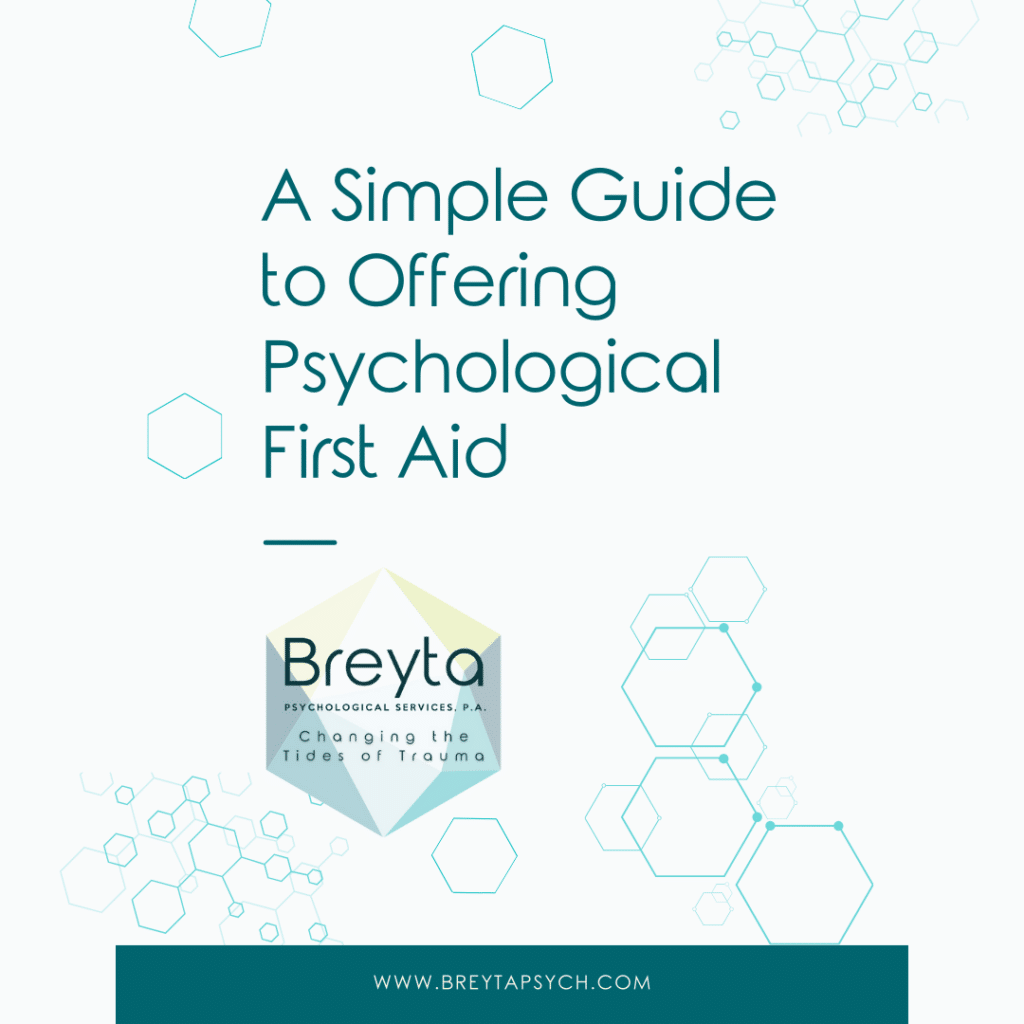There are many misconceptions about complex trauma. People often assume that someone with complex trauma dealt with neglect or abuse during their childhood. But complex trauma is frequently the result of suffering through several traumatic events over time, which can occur well into adulthood.
There is no time limit to experiencing complex trauma.
No matter the roots of one’s trauma, these experiences can influence your relationships throughout your life if the cause is not addressed. People who have experienced multiple traumas often have trouble forming healthy relationships. But with support, it’s entirely possible to heal after complex trauma.
Here are a few ways that complex trauma can influence relationships and how healing can happen.
Difficulty With Trust
For people who have lived through complex trauma, it can be hard to trust again. In romantic relationships, they may fear that their partner is lying to them. Even in friendships, they might assume that their friends are going to mistreat them eventually. It takes time for someone dealing with the effects of complex trauma to place their trust in others again.
Undisclosed Triggers
Not everyone who is dealing with complex trauma has triggers, but many do. And sometimes, it can take a while for them to realize that a particular situation triggers them. New triggers can also develop over time. Simply put, identifying triggers can be a long, complicated process. This means that triggers can go undisclosed through no fault of the person who suffered from trauma.
It can be challenging to communicate this to a friend or partner. In relationships, someone dealing with the symptoms of complex trauma may be nervous about opening up about their triggers for fear of judgment.
Withdrawing
Someone who has suffered from complex trauma may be suspicious of genuine attempts at friendship or romance. After all, people have hurt them in the past, and they fear that it will happen again. This may prompt them to withdraw when others try to come close.
They may feel like it’s impossible to let their guard down and tell someone what they went through. Or they might disclose their trauma but feel like they’ve become too vulnerable and then back away from the relationship as a protective mechanism.
Trouble With Conflicts
Conflict and occasional arguments are natural, even in the healthiest relationships. But someone who has been through many traumatic experiences may not know how to express their disagreements productively.
They may not feel comfortable speaking up at all when they’re uncomfortable, or they might feel like they have to suppress their emotions to avoid sparking anger in others. Alternatively, they may struggle to state their point of view without becoming frustrated with the other person.
While everyone struggles with these issues from time to time, they can be especially pronounced for people with complex trauma. In the context of a relationship, it can take time, effort, and patience for both parties to learn how to disagree without hurting each other.
Finding Support
Navigating relationships when you have complex trauma is undeniably challenging. Working with a therapist can help heal your trauma and form healthier connections with the people in your life.
Trauma symptoms do not have to be permanent. Furthermore, working closely with a therapist can help those with trauma open up and practice being vulnerable in a safe environment. In the future, it will be easier to do so in friendships and romantic relationships.





